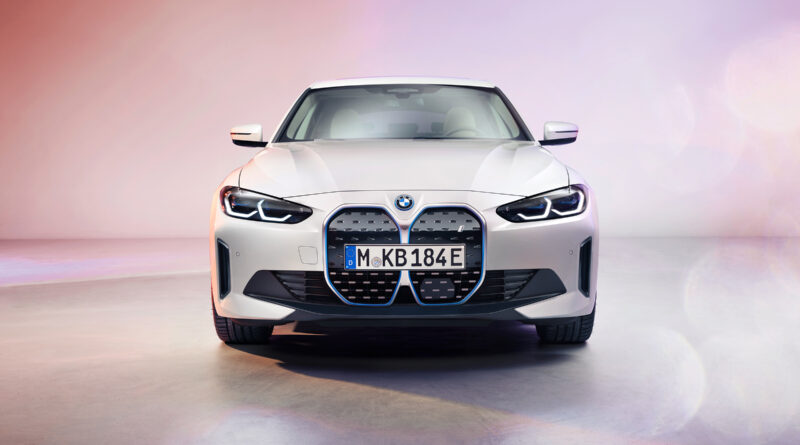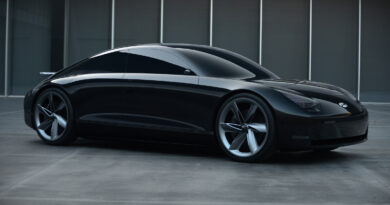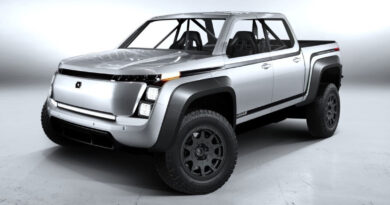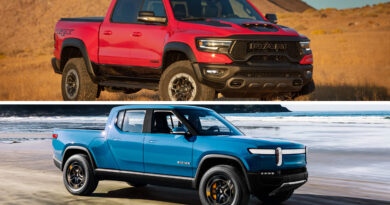BMW i4 unveiled 3 months early – and it’s coming to Australia
The BMW i4 – BMW’s foray into the sporty EV space – has been unveiled months earlier than planned. And it’s coming to Australia, likely in 2022.
The i4 comes as BMW promises “the greenest electric car in the world will be a BMW”, adding that the new breed of BMW EVs will have “the smallest overall carbon footprint” of any on the market.
UPDATE: BMW i4 pricing announced ahead of early 2022 on-sale date
Tesla, Porsche, Mercedes-Benz and others, look out!
The next big step in the EV transformation is the BMW i4.
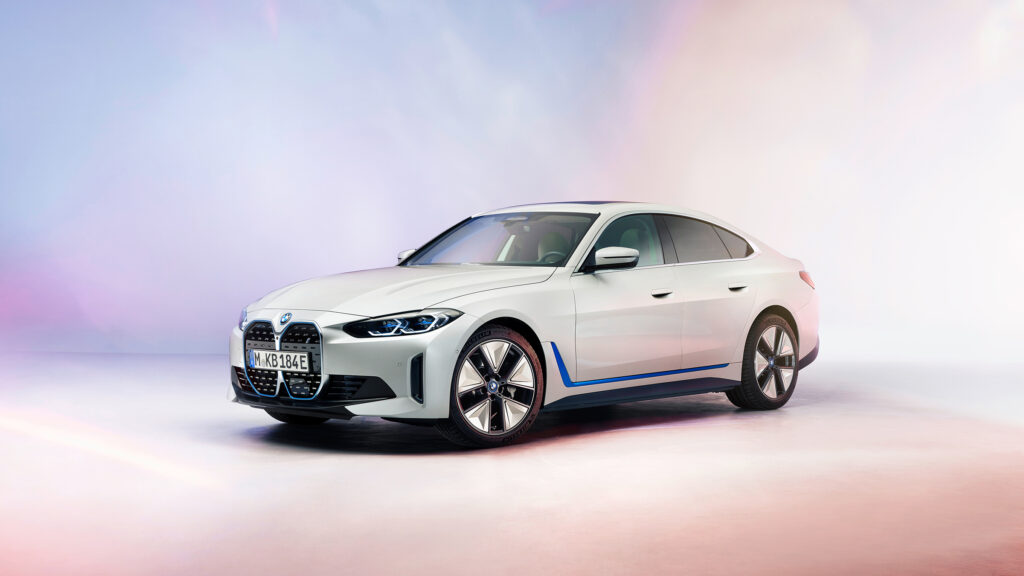
The 390kW EV sports sedan speaks to the core of the BMW brand, something BMW board member for sales and marketing Pieter Nota acknowledged in revealing the i4.
Referring to the i4, Nota called it a “sporty, fully electric gran coupe” and one that is “a true BMW” that was at “the heart of the BMW brand, now it’s fully electric”.
It comes as BMW steps up its electro-mobility focus with the promise of at least one fully electric model in each of the major segments by 2023 – from the entry-level 1-Series through to the luxury 7-Series limousine.
Like the new 4-Series, the i4 gets a controversial buck-toothed grille that is split by the a numberplate and gives the new high-performance EV a distinctive face – and, no doubt, an easy social media talking point!
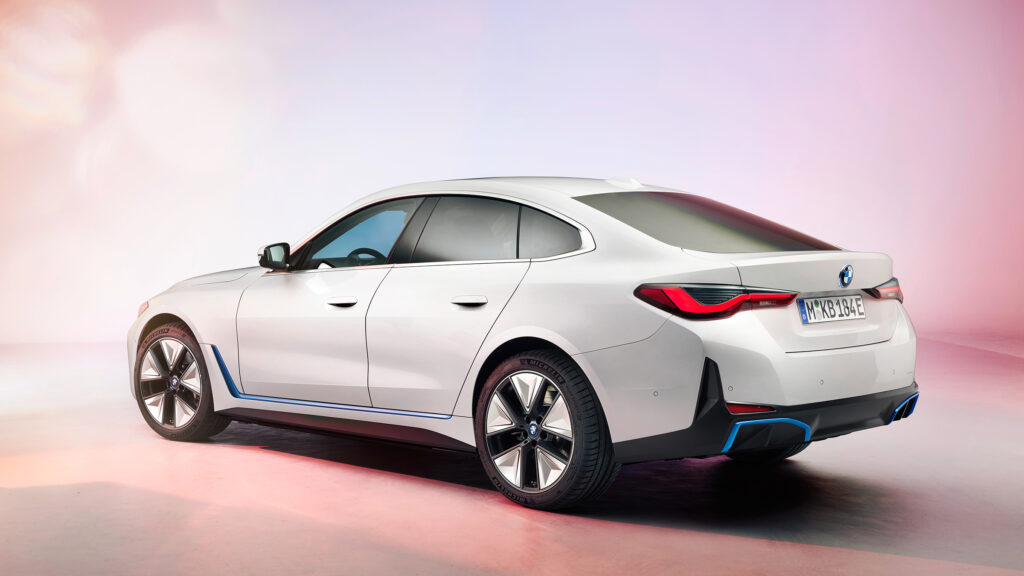
“The launch of the BMW iX and the BMW i4 will signalise the start of our technology offensive in 2021: these two all-electric vehicles will set the benchmark for BEVs going forward,” said BMW chairman Oliver Zipse.
He referred to the i4 as “a major tipping point” and “a clear sign the market is ready for electro-mobility”.
BMW didn’t release further details on the i4 other than the teasers and snippets it has revealed previously.
That includes a drift mode and all-wheel drive traction as well as confirmation it will make 390kW of power.
The circa-80kWh battery pack should provide upwards of 600km of WLTP range.
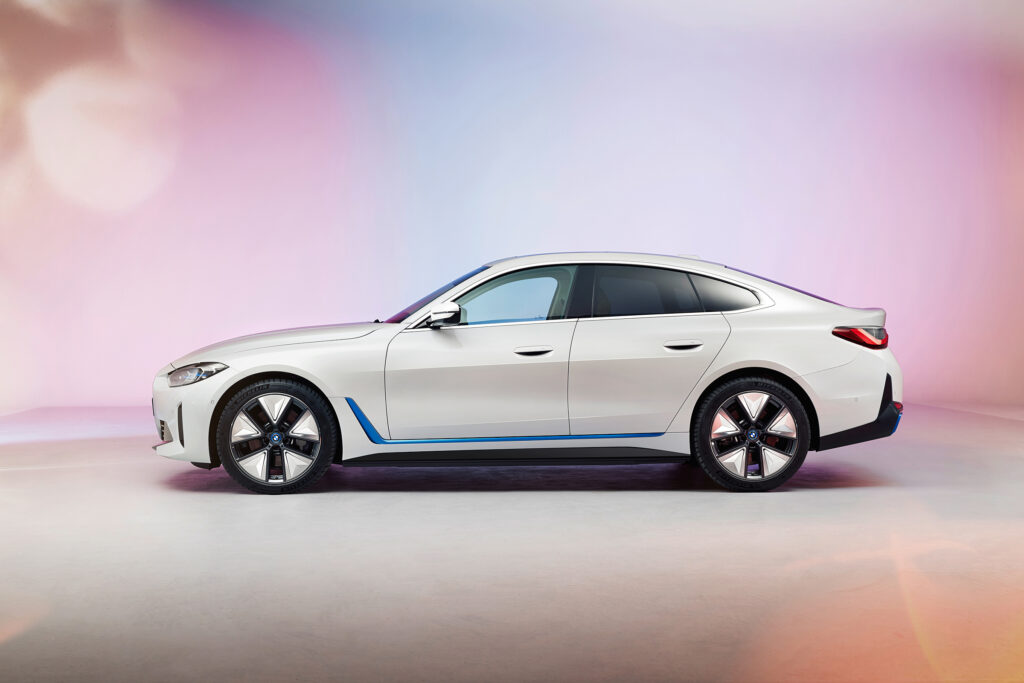
That 390kW and an anticipated 0-100km/h time of four seconds or less provides an interesting challenge for BMW: its electric cars are shaping up to be faster than some of the performance heroes that define the brand – the M3 and M4 top that list.
BMW previously said it wasn’t concerned about an EV being faster than its turbocharged monsters that have created the M sub-brand, instead suggesting each would be treated differently.
Besides, BMW has its hands full delivering on big promises in the EV space.
In announcing “e-mobility was a considerable driver of growth”, BMW committed to providing only electric vehicles to those markets that demand or require it.’
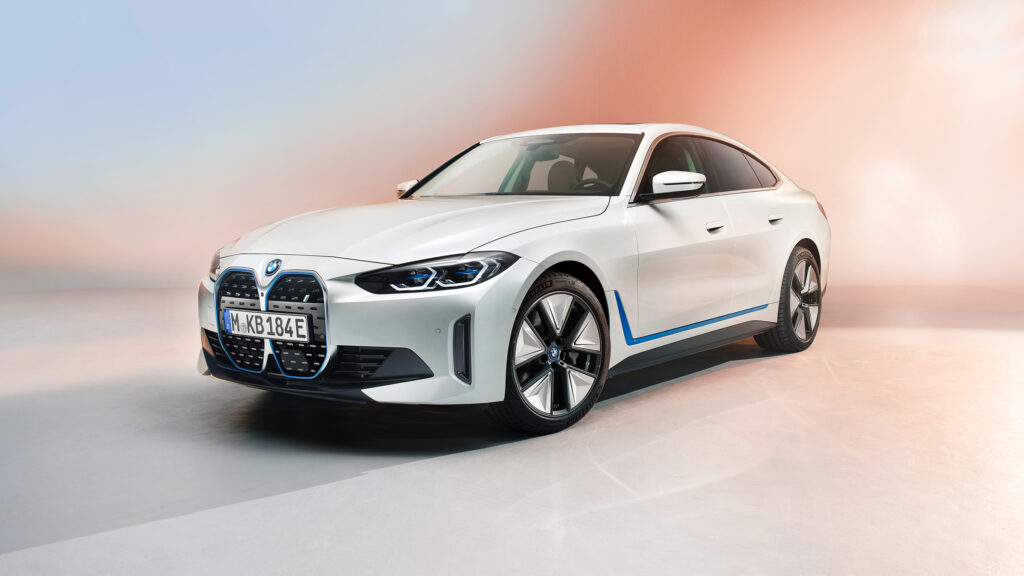
BMW says at least half of all cars it sells by 2030 will be fully electric.
That includes two famous British brands it owns: Mini and Rolls-Royce.
BMW confirmed the last petrol-powered Mini will be launched in 2025 and sell into the early 2030s, at which point the brand will be 100 percent EV.
And BMW also confirmed an electric Rolls-Royce was coming soon.
“If demand in certain markets shifts entirely to fully electric vehicles … then we’ll be able to deliver,” said Zipse.
However, despite the EV offensive, BMW warned different markets would shift to electric mobility at very different paces.
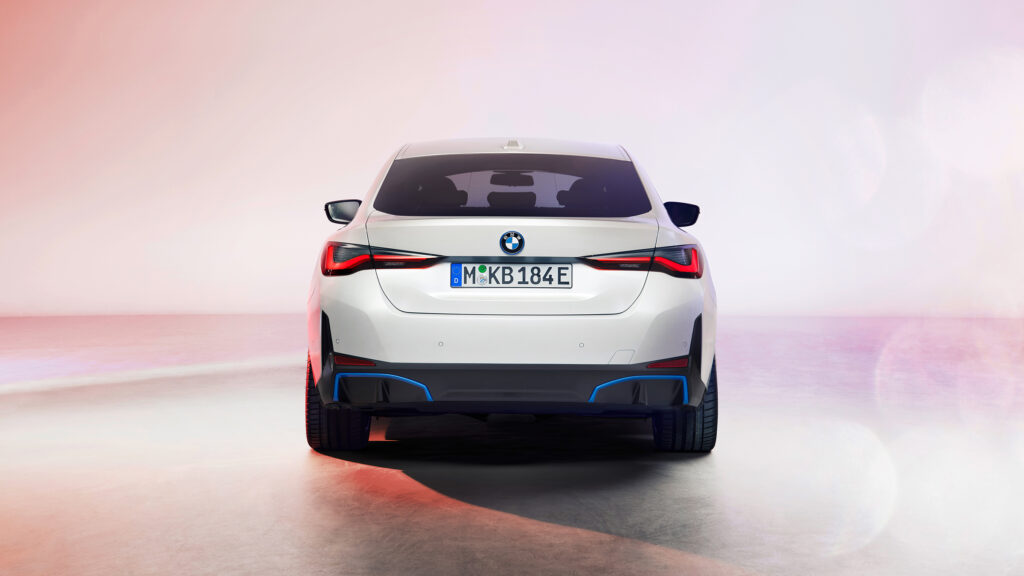
As such, the company says there are no plans to prematurely phase out petrol or diesel engines if there is still demand in some markets.
Given the lack of emissions regulations in Australia it would be fair to put us in that group…

